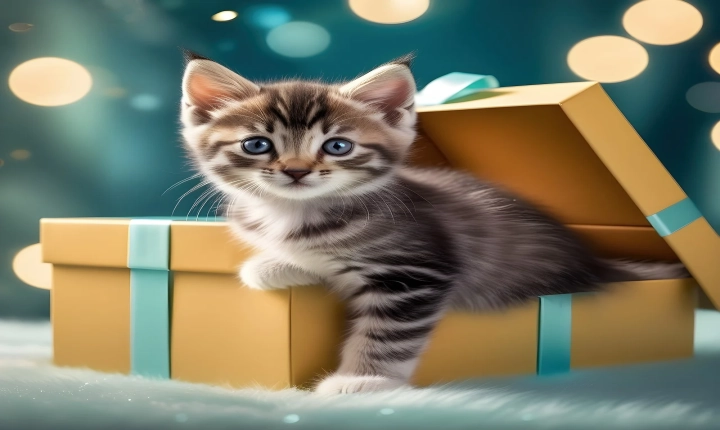Is AI Going to Take Over Art?
Art has always been a deeply human form of expression, a way for individuals to convey their emotions, thoughts, and experiences through various creative mediums. Whether it’s through painting, sculpture, music, dance, or literature, art has been an integral part of human culture for centuries. However, with the rapid advancements in artificial intelligence (AI) technology, the question arises: is AI going to take over art?
AI has already made significant strides in the realm of art creation. From AI-generated paintings to music compositions, and even poetry, machines are increasingly being utilized to produce creative works. AI algorithms can analyze vast amounts of artistic data, learn from it, and then generate new pieces that mimic the styles and techniques of human artists. This has led to some astounding creations that often blur the line between what is considered human-made art and what is produced by AI.
One of the key arguments in favor of AI taking over art is its ability to produce art at an unprecedented speed and scale. AI has the potential to create endless variations of artistic works, experiment with different styles and techniques, and produce art at a much faster rate than human artists. This raises concerns about the future of human artists, as they may find it increasingly difficult to compete with the efficiency and output of AI-generated art.
Furthermore, AI has the capability to analyze data and detect patterns that humans may not be able to perceive. This can lead to innovative and novel artistic expressions that push the boundaries of traditional art forms. AI-generated art could introduce new perspectives and provoke thought-provoking discussions about the nature of creativity and artistic expression.
However, the idea of AI taking over art also raises significant ethical and philosophical questions. Can AI truly understand the emotions, experiences, and cultural context that often inspire human art? Can it capture the complexities of human creativity and imagination? Many argue that art is deeply rooted in human experience, and that the fundamental essence of art lies in its ability to convey emotions, tell stories, and reflect the human condition. Can AI truly replicate this?
Another concern is the potential homogenization of art. If AI becomes the dominant force in art creation, there is a risk that it may lead to a lack of diversity and originality in artistic expressions. Human artists bring their unique perspectives, emotions, and experiences to their work, resulting in a rich tapestry of diverse artistic expressions. AI-generated art may lack this depth and richness, potentially leading to a loss of cultural diversity in the art world.
In conclusion, while AI has the potential to revolutionize the way art is created and experienced, it is unlikely that it will completely take over art. Human creativity and imagination are deeply complex and rooted in the human experience, and it is these unique qualities that make human art so deeply meaningful and impactful. AI-generated art may complement and augment human creativity, but it is unlikely to replace the deeply human elements of art. The future of art lies in the collaboration and coexistence of human and AI creativity, each bringing its own unique strengths and perspectives to the artistic landscape.
